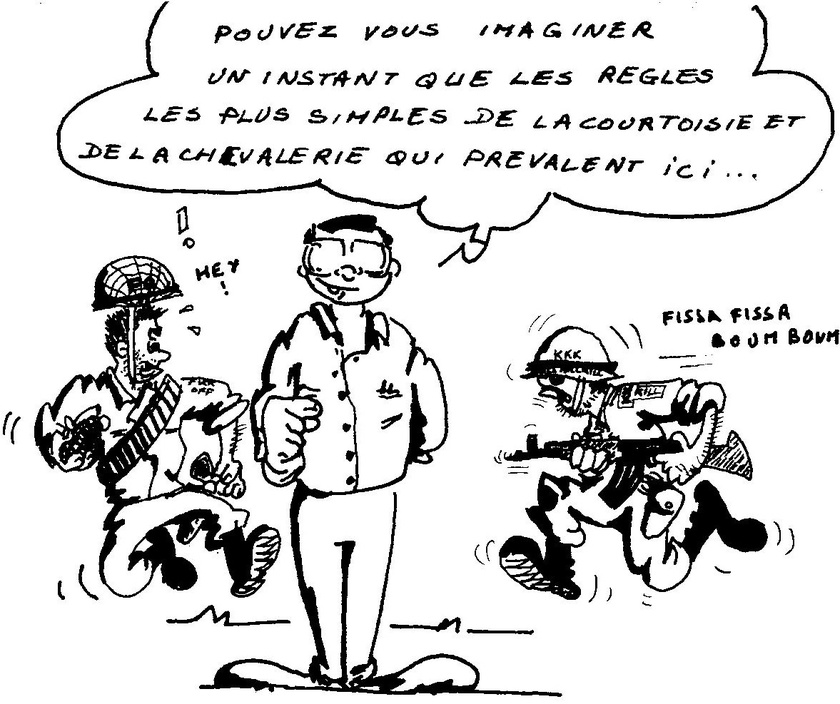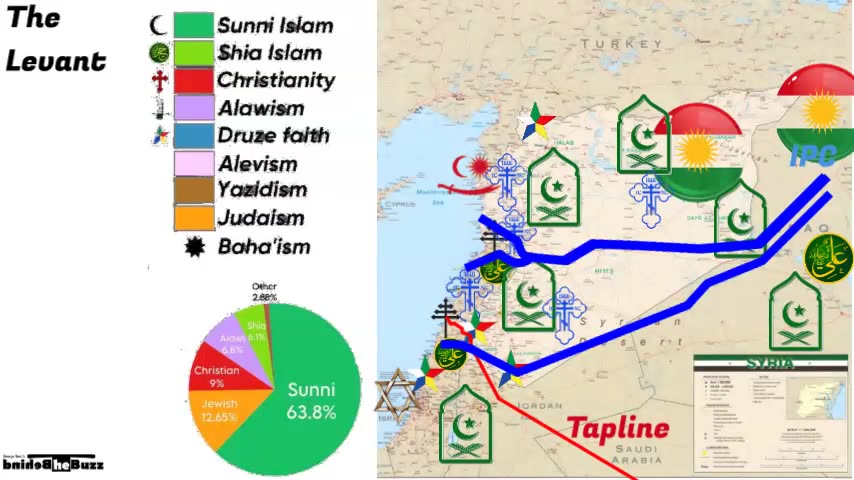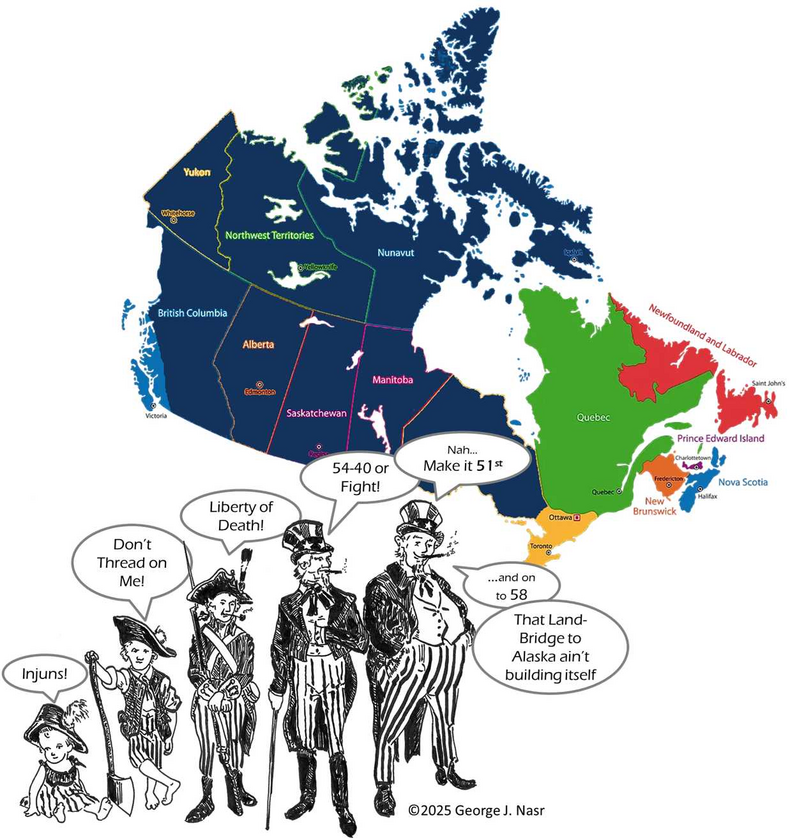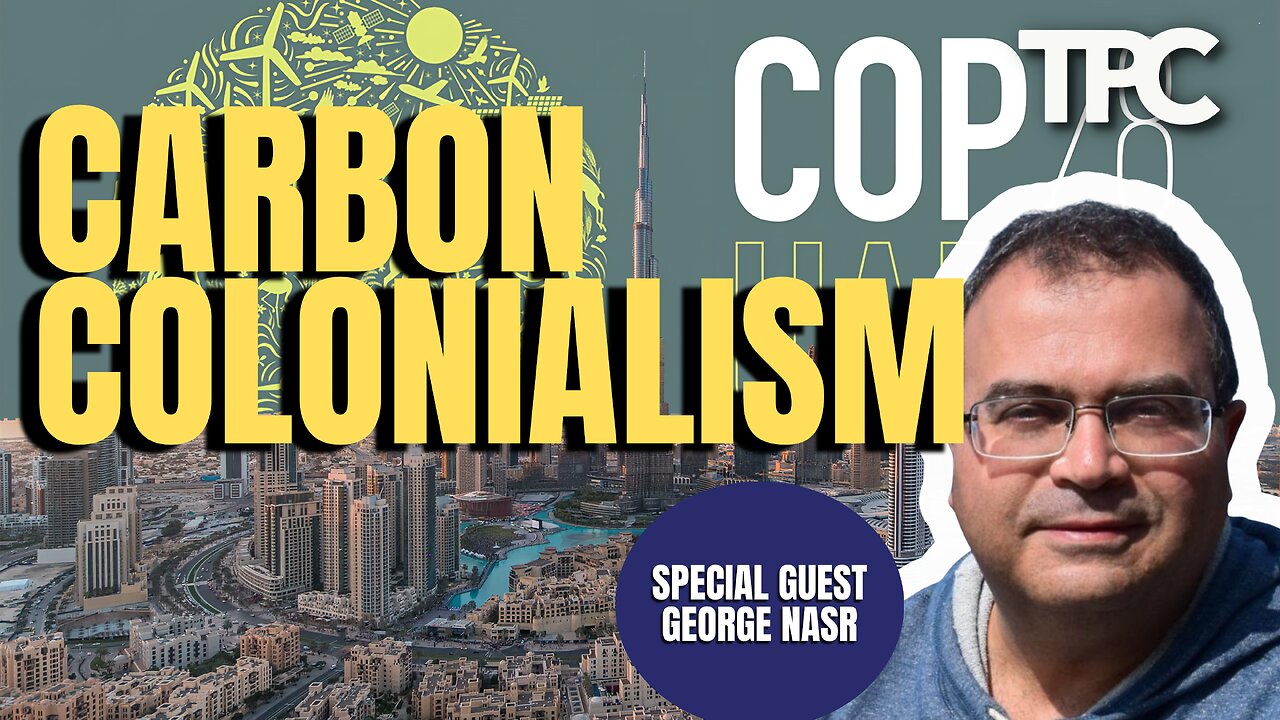
In peacetime, once we have satisfied the basic energy needs to support a family, an economy of “wants” evolves. At a minimum, a civilization needs to maintain a surplus of energy and water to sustain itself. Of those two, it is energy surpluses allowed society to grow in scale and complexity. The more society grew, the more it required increased amounts of energy, technology, and coordination between different parts; “in essence, the units of energy are working together to make a large scale behavior”.
In times of crises like war, an economy of “needs” replaces the economy of “wants”. As the crisis lengthens and the peacetime economy contracts, energy demand expands. Unless the country is able to produce, store, and transmit energy, it soon runs into an energy deficit, as it struggles to reallocate resources from “less essential” sectors to meet more pressing needs.

The COP30 phased out language about "phasing out" all "fossil fuels"; here's to the return of scientific objectivity















